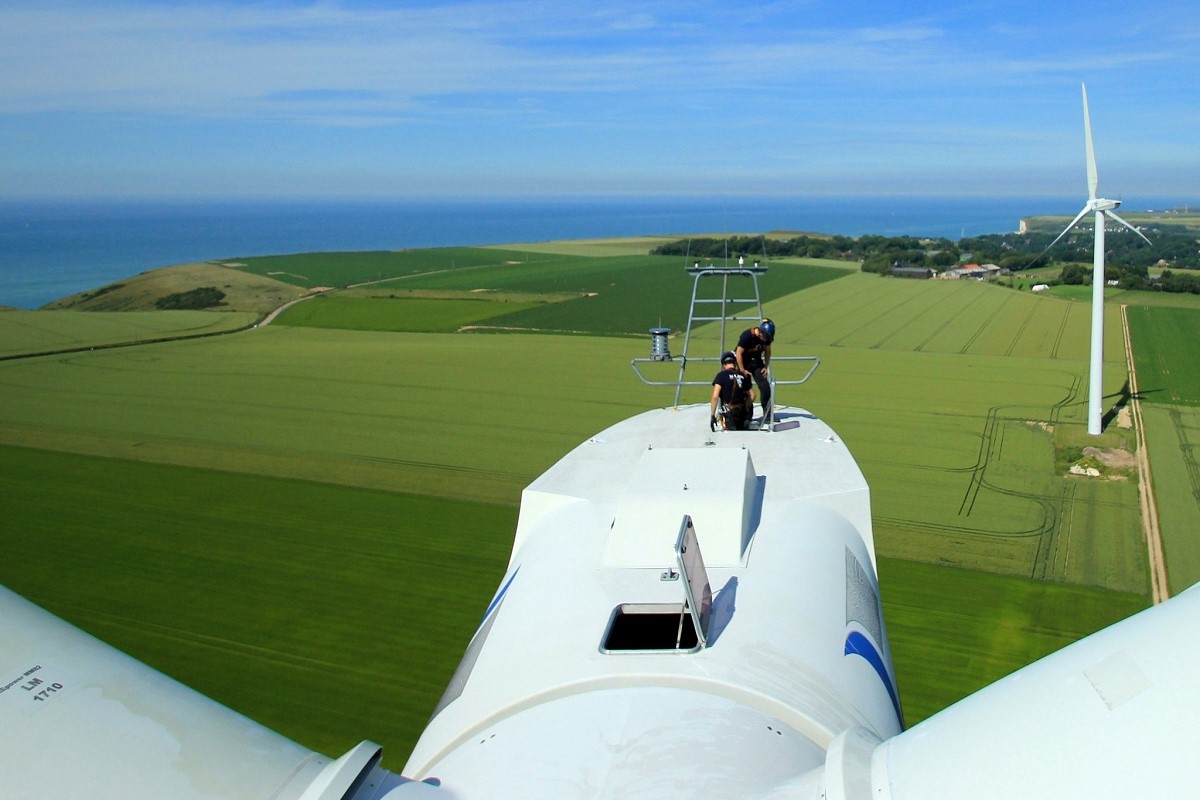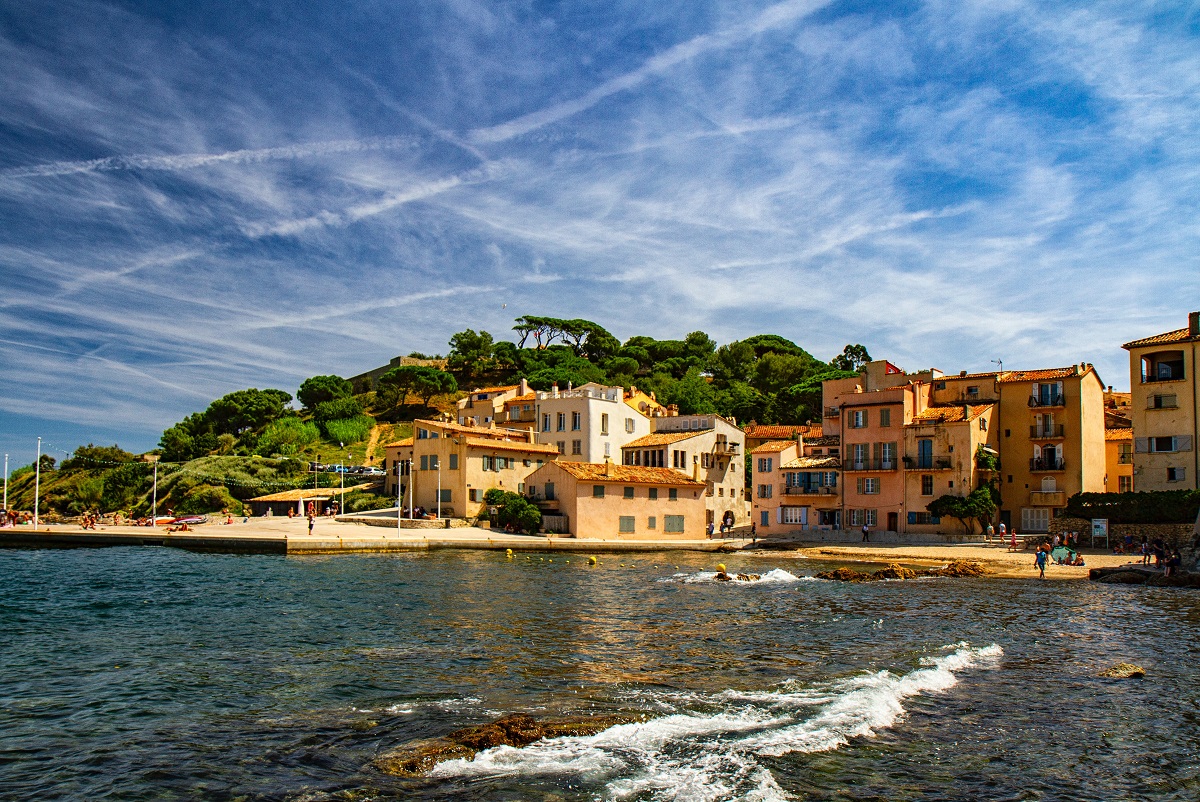The European Commission has rolled out its Green Deal Industrial Plan, which will ramp up the EU’s capacity to create and build on net-zero technologies and products that will help achieve climate goals.
The EU Green Deal Industrial Plan is the latest step in getting the bloc over the line in terms of its environmental commitments, and is based on providing four main concepts: a simplified regulatory environment, speeding up access to finance, enhancing skills, and opening trade routes for resilient supply chains.
Objectives of the Green Deal Industrial Plan
Cutting the amount of red tape necessary for deploying new net-zero companies will certainly make investors and innovators breathe easier. Fast-track permits and a clear list of standards allow for less confusion over “rights and wrongs”, and allow these businesses to be up and running sooner, as will better access to financing.
The Commission says it is aiming to guarantee a level playing field within the single market while making it easier for the Member States to grant necessary aid to give priority to those working toward the green transition.
As acknowledged in the Green Deal Industrial Plan, training for jobs of tomorrow will be instrumental in ensuring not just stability in the workforce, but a highly-skilled one based on newly created jobs. An estimated 35 to 40% of the workforce will be affected by their country “going green”.
The EU also wants to make trade competitive yet fair within its borders and abroad, and is working with its partners and the World Trade Organisation to get there.
“We have a once-in-a-generation opportunity to show the way with speed, ambition and a sense of purpose to secure the EU’s industrial lead in the fast-growing net-zero technology sector,” said Ursula von der Leyen, the president of the European Commission. “Europe is determined to lead the clean tech revolution. For our companies and people, it means turning skills into quality jobs and innovation into mass production, thanks to a simpler and faster framework. Better access to finance will allow our key clean tech industries to scale up quickly.”
Sign up for the Monaco Life newsletter. For the latest news, follow us on Facebook, Twitter, and Instagram.
Photo source: European Commission / Facebook / Getty Images





